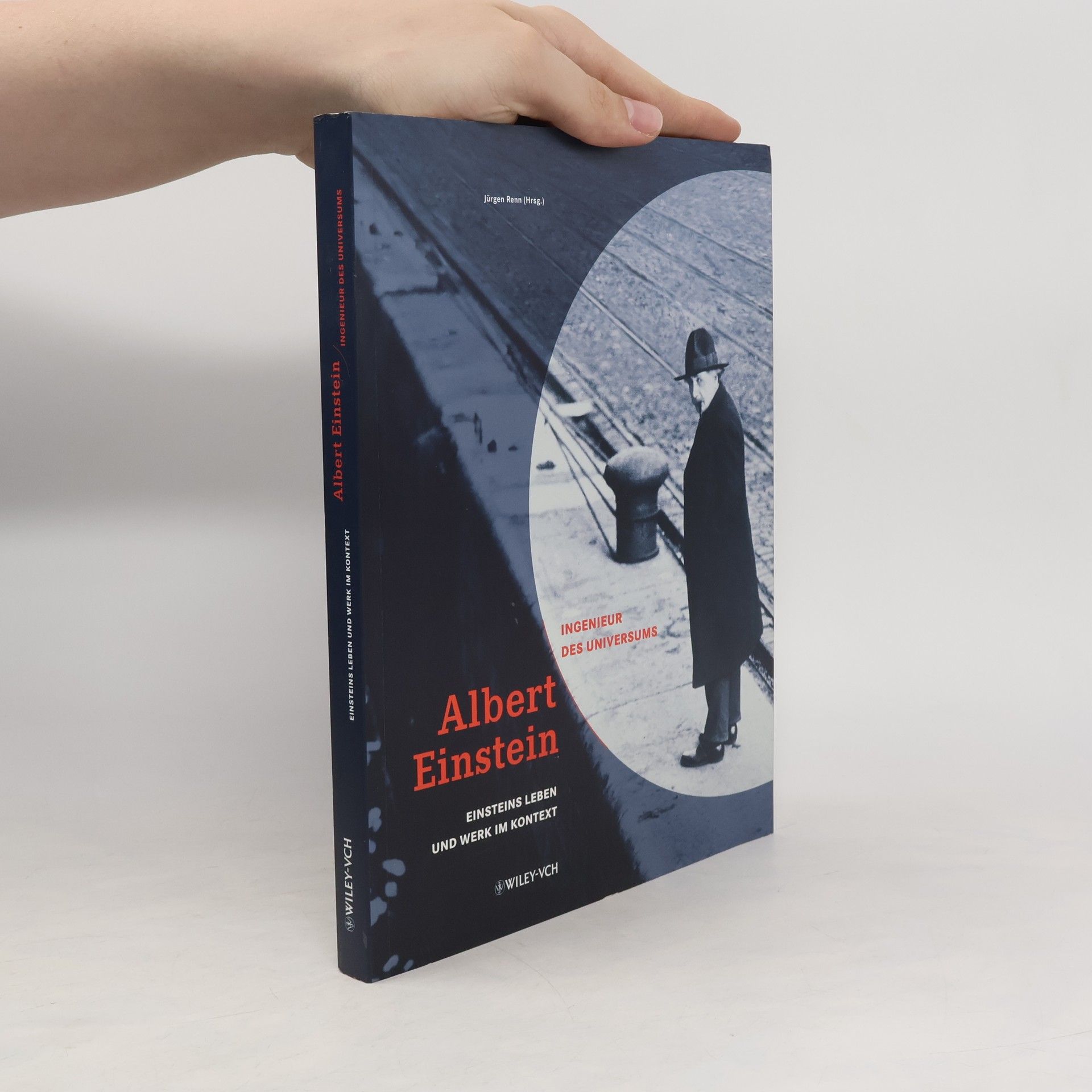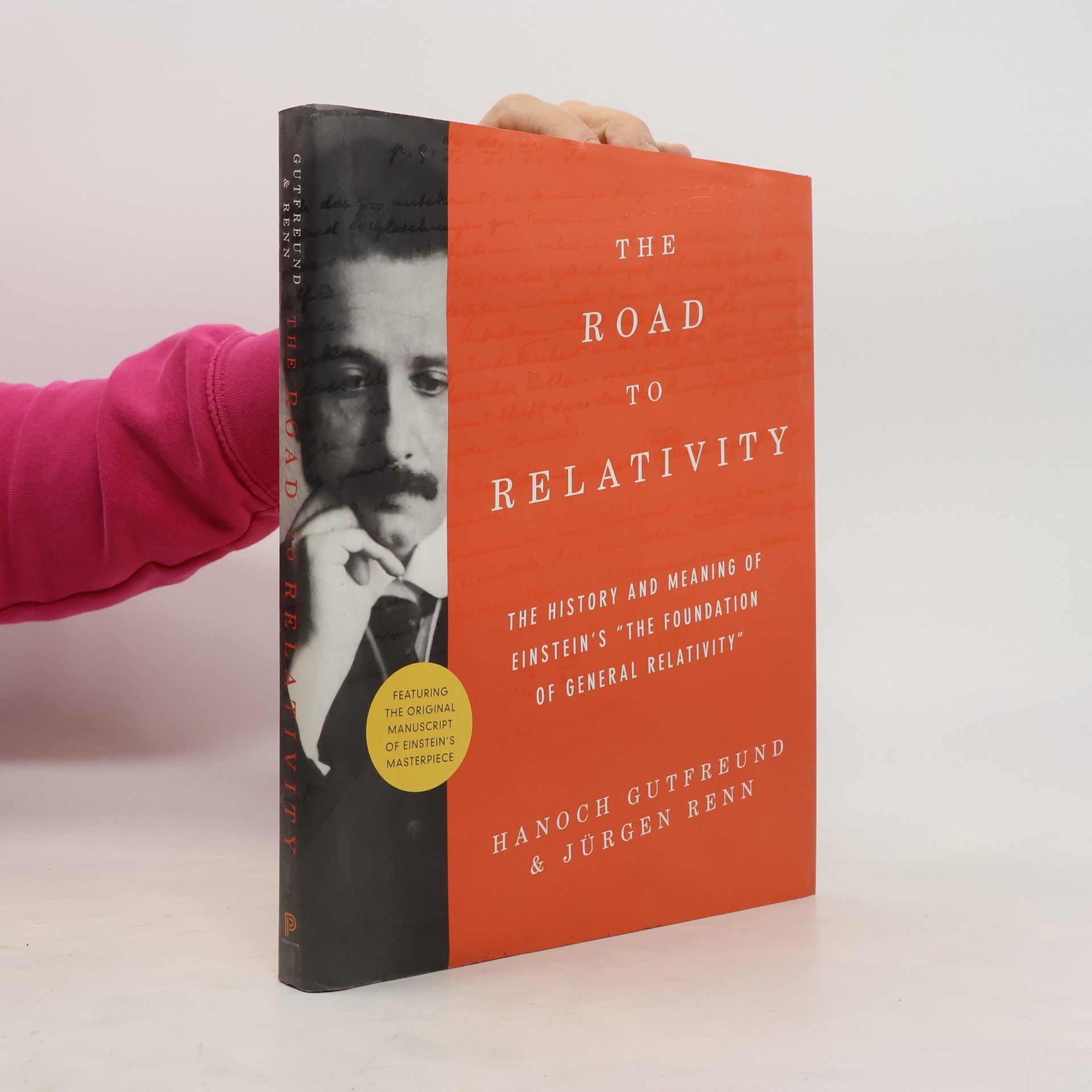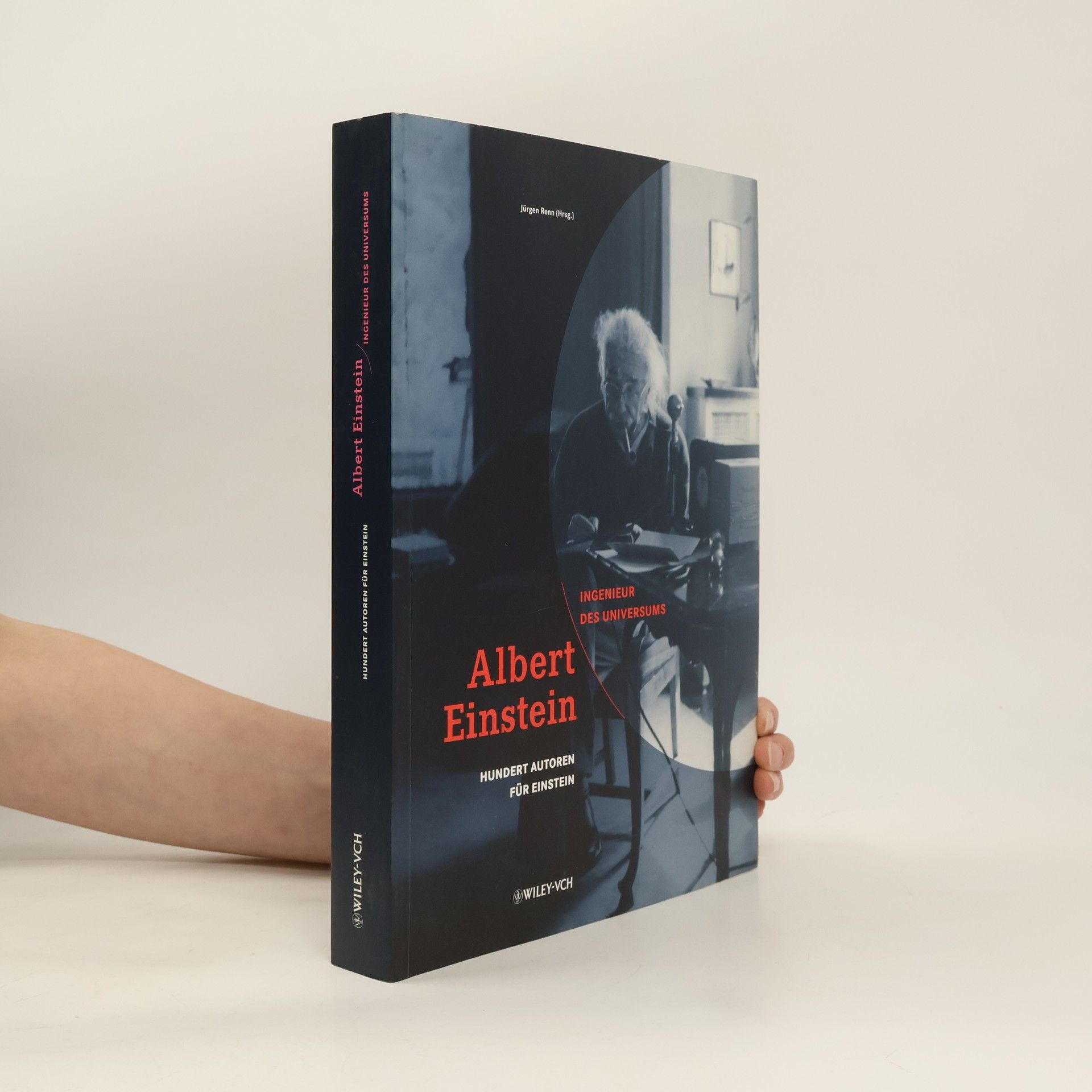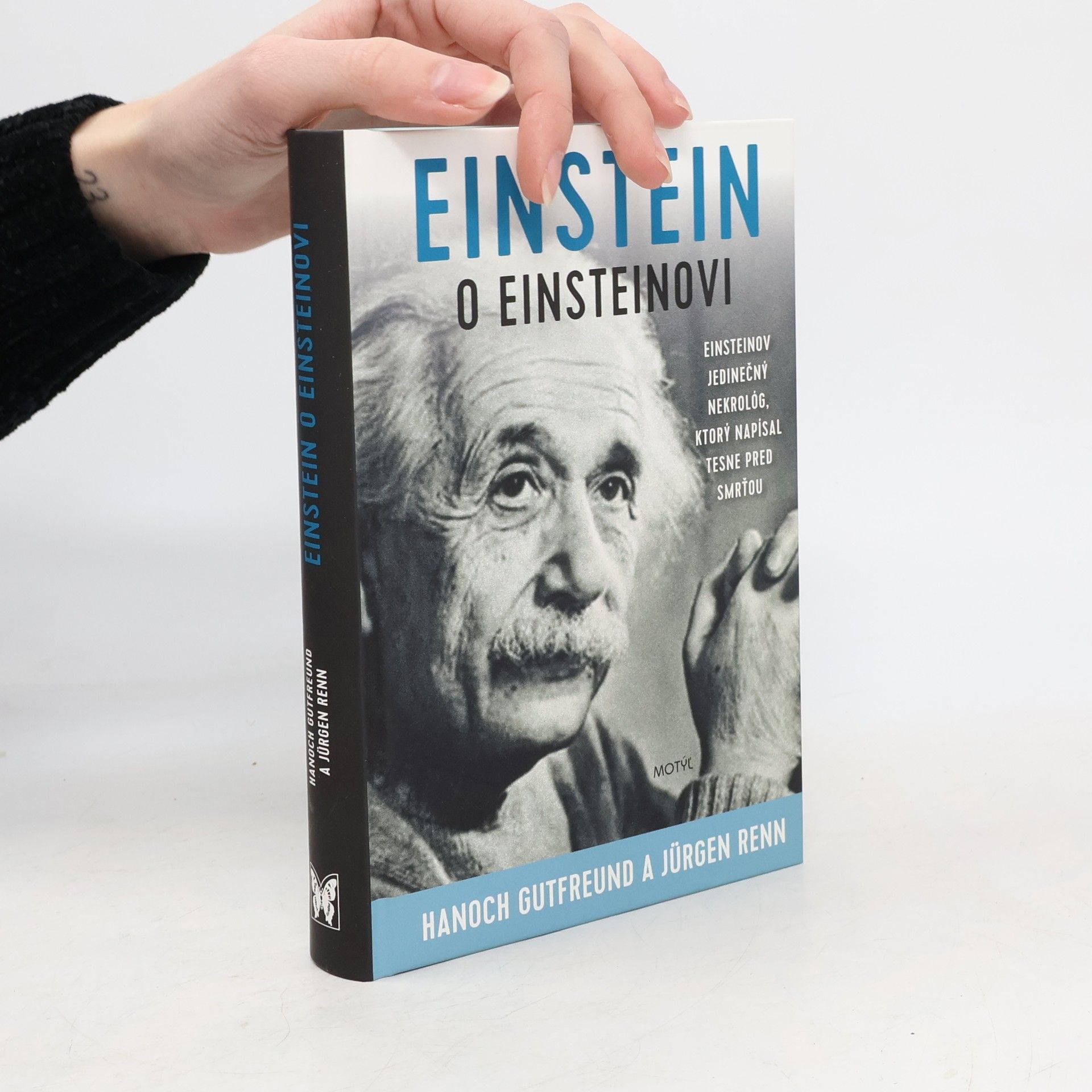The Road to Relativity
The History and Meaning of Einstein's "The Foundation of General Relativity", Featuring the Original Manuscript of Einstein's Masterpiece
- 237 pages
- 9 hours of reading
An annotated facsimile edition of Einstein's handwritten manuscript on the foundations of general relativity This richly annotated facsimile edition of The Foundation of General Relativity introduces a new generation of readers to Albert Einstein's theory of gravitation. Written in 1915, this remarkable document is a watershed in the history of physics and an enduring testament to the elegance and precision of Einstein's thought. Presented here is a beautiful facsimile of Einstein's original handwritten manuscript, along with its English translation and an insightful page-by-page commentary that places the work in historical and scientific context. Hanoch Gutfreund and J�rgen Renn's concise introduction traces Einstein's intellectual odyssey from special to general relativity, and their essay The Charm of a Manuscript provides a delightful meditation on the varied afterlife of Einstein's text. Featuring a foreword by John Stachel, this handsome edition also includes a biographical glossary of the figures discussed in the book, a comprehensive bibliography, suggestions for further reading, and numerous photos and illustrations throughout.






